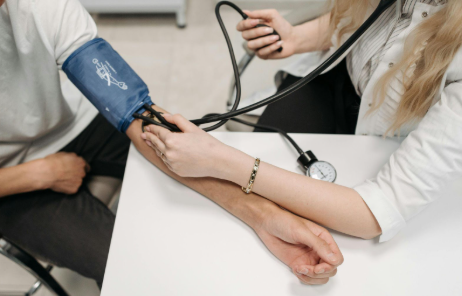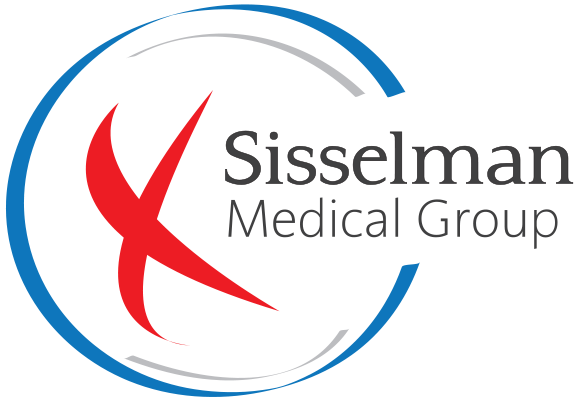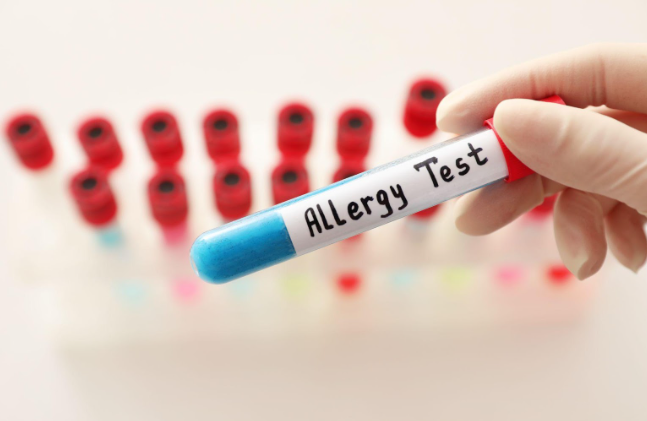Tips from Medical Experts to Manage High Blood Pressure
Tips from Medical Experts to Manage High Blood Pressure

High blood pressure, or hypertension, is a common health concern. While the diagnosis might feel a bit intimidating, the good news is that it’s highly manageable. Medical experts agree that lifestyle changes, combined with regular monitoring and medical guidance, can make a big difference.
Whether you’ve recently been diagnosed or you’re working to prevent it, here are some steps that can help you take control.
Understanding High Blood Pressure
Blood pressure measures the force of blood pushing against your artery walls. It’s recorded as two numbers:
- Systolic Pressure (Top Number): pressure when your heart beats.
- Diastolic Pressure (Bottom Number): pressure when your heart rests between beats.
A normal reading is usually below 120/80 mmHg. High blood pressure is generally defined as 130/80 mmHg or higher. Consistently high readings can lead to
cardiovascular issues, stroke, kidney damage, and other serious health problems. That’s why managing it early is so important.
Tips to Manage High Blood Pressure
Managing high blood pressure should be a long-term goal. Here are some tips that can help you achieve this goal efficiently.
Keep a Healthy Weight
Carrying extra weight makes your heart work harder, which can raise your blood pressure. Even losing a small amount can help lower your numbers. It’s important to focus on gradual changes instead of crash diets. One of the ways is to swap sugary drinks for water, add more vegetables to your meals, and aim for balanced portions.
Cut Back on Salt
Too much sodium pulls water into your blood vessels, raising pressure inside them. Most adults should keep sodium under 1,500–2,300 mg per day.
Here are some ways to reduce sodium without bland food:
- Use herbs, spices, lemon juice, or vinegar instead of salt.
- Choose “low-sodium” or “no added salt” versions of canned foods.
- Check nutrition labels, because sodium can hide in bread, sauces, and frozen meals.
Move Your Body Regularly
Exercise strengthens your heart, making it easier to pump blood with less effort. This helps lower the pressure on your arteries. Aim for at least 150 minutes of moderate activity a week, like brisk walking, cycling, or swimming. If that feels like too much, start with 10–15 minutes a day and work up from there. Even household chores, like gardening, cleaning, or playing with kids, can count toward your activity.
Get Quality Sleep
Poor sleep, or conditions like sleep apnea, can play a role in high blood pressure. Adults generally need 7–9 hours of sleep each night.
To improve your sleep:
- Stick to a consistent bedtime and wake-up time
- Keep your bedroom cool, dark, and quiet
- Avoid screens for at least an hour before bed
If you snore heavily or wake up tired, talk to your doctor about a sleep study.
Follow the DASH Diet
The DASH diet (Dietary Approaches to Stop Hypertension) is recommended by many doctors for lowering blood pressure. It emphasizes having more fruits, vegetables, whole grains, lean proteins, low-fat dairy, and legumes.
You should also limit saturated fats, sugary drinks, and high-sodium food. This helps your blood vessels stay flexible and reduces strain on your heart. Over time, these changes can make a noticeable difference in your blood pressure and overall energy levels.
Manage Stress Levels
Stress doesn’t just affect your mood but also temporarily raises your blood pressure. Over time, unmanaged stress may contribute to long-term hypertension.
Simple ways to manage stress include:
- Practicing deep breathing exercises
- Taking short walks outside
- Spending time on hobbies you enjoy
- Talking with a trusted friend or counselor
Even just five minutes of quiet, focused breathing can help your body relax and lower your heart rate.
Take Medication as Prescribed
If your doctor prescribes blood pressure medicine, take it exactly as directed—even if you feel fine. Stopping suddenly or skipping doses can cause your numbers to rise quickly. If you have side effects, talk to your doctor before making any changes.
Stay Physically Consistent
When it comes to managing high blood pressure, consistency is key. Skipping healthy habits for weeks and then going “all-in” won’t be as effective as steady, daily changes. You can start by setting daily reminders for exercising and medication. Some people also keep a blood pressure log at home.
The Importance of Monitoring and Tracking
One of the most empowering things you can do is to become an active participant in your own care. Monitoring your blood pressure at home can give you a better sense of your numbers and how different lifestyle changes affect them.
- Get a Home Monitor: We can help you choose an accurate, easy-to-use home blood pressure monitor.
- Check Regularly: Take your blood pressure at the same time each day, preferably in the morning, before you take your medication.
- Keep a Log: Write down your readings and any notes about what you ate or what you were doing. This information is invaluable to your doctor.
- Bring the Numbers to Your Appointments: Share your home readings with us at Sisselman Medical Group. This gives us a much clearer picture of your blood pressure trends than a single reading in the office.
This simple practice gives you a sense of control and helps us partner with you more effectively.
When to Seek Medical Help
If your readings are consistently 130/80 mmHg or higher, schedule a checkup. If you ever get a reading of 180/120 mmHg or higher and have chest pain, shortness of breath, or vision changes, seek emergency care immediately.
Final Thoughts
Managing high blood pressure isn't about perfection; it's about consistency. It's a journey of making small, sustainable choices that add up to a healthier life. We know it can be a lot to take in, but remember, you don’t have to do it alone.
At
Sisselman Medical Group, we are your partners in health. We are committed to providing you with the expert guidance, support, and personalized care you need to successfully manage your blood pressure and live a long, healthy life. If you have questions about your blood pressure, don't hesitate to reach out and
schedule an appointment with us.











